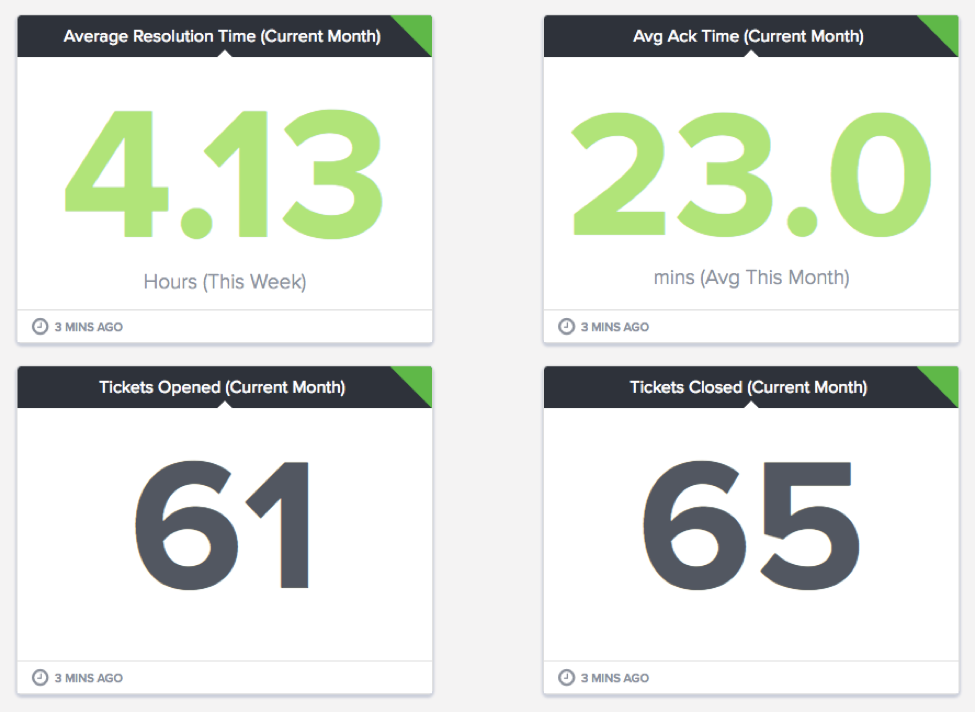
After an arduous search, you’ve finally found the MSP partner you want to work with. You’re excited to upgrade your system and get some much-needed IT support. It’s time to make it official — that’s where the IT support contract comes in.
IT Support Contract vs. SLO
First let’s talk documents. The IT support contract is a legally binding document that is the main written agreement between a client and their IT company. It covers all the basics, including services, cost and duration of IT services.
You’ll also hear a lot about the service level objective or SLO. The SLO is a complementary agreement that establishes the metrics or measurable benchmarks that services are measure by. Where the IT contract is set in stone for the duration of the contract, the SLO can be reviewed and adjusted throughout the relationship.
4 Must-Haves for Your IT Support Contract
A contract is the cornerstone that defines your expectations and relationship with your new MSP. It’s crucial that both you and your MSP have the same expectations of service. Here are four must-haves you should know and include in your IT support contract.
What’s included. It’s crucial to identify the exact services and what the MSP will provide. Every MSP is slightly different and has different levels of service. Many IT contracts are break-fix only — they’ll take care of any IT issues you have, but won’t help you proactively build and improve your IT environment. If you have specific technology business goals, it’s important to discuss these with your MSP and ensure that the IT support contract reflects the level of service your operation needs and expects.
Exclusions. Conversely, you need to know what isn’t included. This may seem intuitive, but there may be a service you think is included that isn’t. There also may be other specific services you need and require that aren’t in the current contract.
Issue response & resolution time. While issue response times may vary, you should have a ballpark idea of how issues will be handled. Do they have a ticket system to monitor incoming questions? When can you expect a response? Within an hour? 24 hours? This is crucial component to manage expectations and should be included in your IT support contract so you know what to expect.
Cost. You might think it goes without saying, but it’s important to know exactly what you’ll be charged for and what scenarios could incur additional costs. For example, we use the per-user pricing model for IT support contracts. It’s simple, direct and there are no hidden costs or surprises. Other IT companies may use a different pricing model based on the number of computers, usage, etc.
The Bottom Line to Getting the Best IT Support Contract
Your IT service provider should be a key business partner. It’s not about just maintaining your current applications, but ensuring your IT infrastructure aligns with future growth and business goals. Your MSP should understand your industry and ask the right questions. They have a good track record, client and case studies that they can share with you.
When evaluating IT contracts, do your due diligence. Make sure you understand the contract in and out. Ask questions, do your research. A great managed service provider will be happy to provide you with any and all information.
Want more? We offer a free network assessment, including highlighting areas where your data is at risk, actionable ways to reduce costs and plan next steps to improve your IT’s performance. Call us today to get started.



